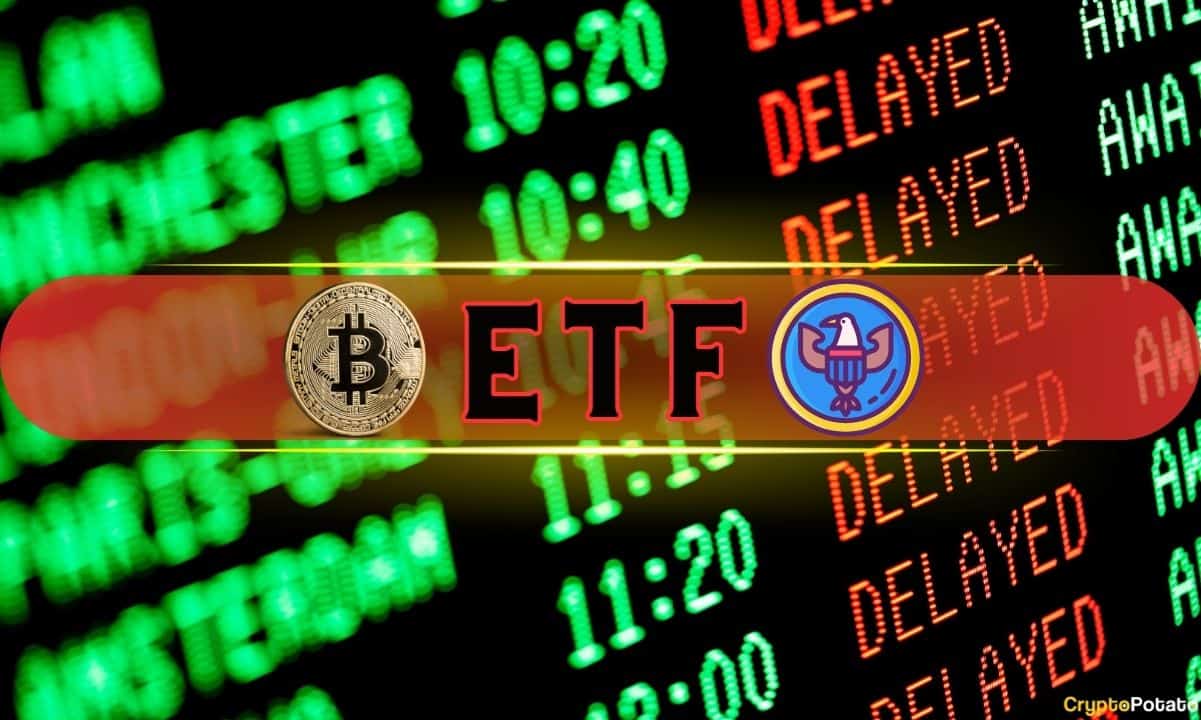Analysts Predict The Remittix Presale Could Bring Early Investors Similar Returns To ETH ICO Back In 2014

A PayFi Token, RTX, currently in presale, continued to trend and create buzz across different crypto platforms and communities. RTX is the native token of Remittix, an Ethereum-based payment solution that facilitates crypto-to-fiat transactions across borders.

Market watchers are even comparing the Remittix presale to the legendary ETH ICO of 2014. They believe Remittix will deliver more than the Ethereum price surge over the past years. Is this feasible? Read on.
The Ethereum Price Surge That Made Early ETH ICO Buyers Billionaires.
The Ethereum network fully rolled out in July 2015, approximately a year following its ICO, which concluded on the 22nd of September, 2014. The cost of the Ether token rose steadily during the ICO, starting with 2,000 ETH at 1 BTC and then decreasing to 1,337 ETH at 1 BTC and the lowest participation threshold was 0.01 BTC.
More than 60 million tokens were bought at an average ETH ICO price of roughly $0.31. At launch, the Ethereum platform had 72 million tokens, out of which over 60 million belonged to ICO investors
The ETH token sale is widely considered one of the most successful ICOs to date, with more than 31,500 BTC raised, worth $18.3 million at the Ethereum token ICO price.
Ethereum Price is currently around $4,473, which means Early investors saw a 12,903X on their investments. Market watchers believe Remittix (RTX) will replicate this in the years to come. Let’s find out why.
Why Remittix Presale Will Deliver Similar Returns To the ETH ICO of 2014
Remittix (RTX) is a PayFi solution built on the Ethereum blockchain to facilitate cross-border crypto-to-fiat payment. Recipients do not need a wallet or deal with cryptocurrency; Remittix does the FX conversion and fiat currencies are deposited directly into their bank account.

The project features a deflationary tokenomics, with only 750 million RTX (approximately 50% of the total supply) available during the presale. RTX has raised $27 million in presale, with 674 million RTX tokens bought. RTX is currently trading at $0.1130, offering a rare early opportunity for investors to position for a million-dollar return on investment in years to come.
Presale Highlights:
- The smart contract is fully CertiK audited and liquidity and team tokens are locked for a period of 3 years.
- Remittix’s usefulness extends beyond cryptocurrency; it’s ideal for freelancers, international business owners and those involved in remittances.
- Beta testing for the Remittix wallet is now live, with community users actively testing it.
Website: https://remittix.io/
Socials: https://linktr.ee/remittix
$250K Giveaway: https://gleam.io/competitions/nz84L-250000-remittix-giveaway
You May Also Like

American Bitcoin’s $5B Nasdaq Debut Puts Trump-Backed Miner in Crypto Spotlight

Cashing In On University Patents Means Giving Up On Our Innovation Future
